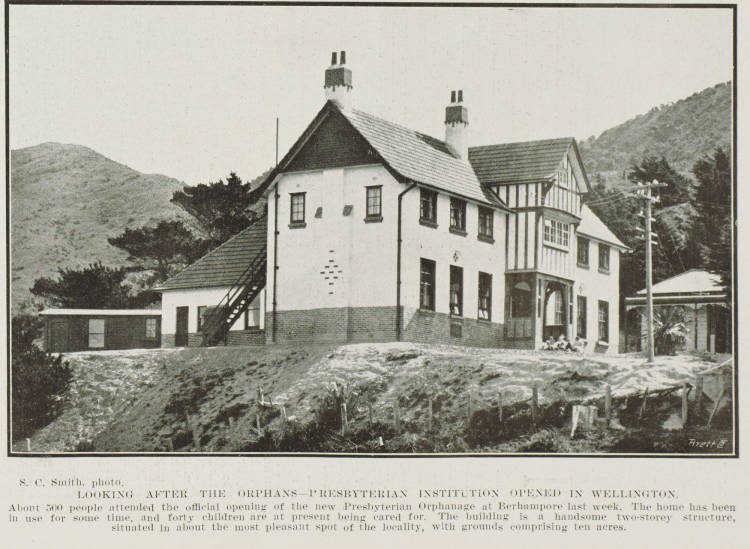On Wednesday, the final report from the Royal Commission of Inquiry into Historical Abuse in State and Faith-Based Care was made public.
The report details how children, young people and adults in New Zealand state and faith-based care experienced extensive physical, emotional, mental and sexual abuse, exploitation and neglect. It contains 138 recommendations to transform New Zealand’s care system, address past injustices, and compensate survivors.
The Science Media Centre asked experts to comment.
Associate Professor Stephen Winter, Politics and International Relations, University of Auckland, comments:
“With a 10-year timeline, the Commission recommends that the government focus on supporting people to remain in their families and communities. Where that is impossible, out-of-home care should be short-term and “delivered by the community, hapū or collective”, with the individual and their whānau retaining control over key decisions.
“The government’s primary involvement in care will be through a new Care Safe Agency that provides “whole of system leadership” by strategising recruitment and training, and by administering safeguarding practices, including vetting and accreditation regimes for all those involved in out-of-home care.
“Informed by Aotearoa’s Te Tiriti and human rights obligations, including the rights of disabled people, children, women and Indigenous peoples, the Commission’s ambitious report puts the best interests of people in care at the centre of a transformed care system.”
Conflicts of interest: Member of the High Level Design Group for Redress in 2023.
Professor Elizabeth Stanley, School of Social and Cultural Studies, Te Herenga Waka – Victoria University of Wellington, comments:
“The volumes present us with much information to digest and understand, including – how broader political agendas and social attitudes produce conditions for abuse to happen; how our bureaucratic structures enable violence; how abuse gets covered over by professionalised language and norms; how people and groups, especially Māori, are targeted; how the violence and harms have short shocking impacts for individual victims- survivors, but also long-term, collective and intergenerational damages.“The pages are rightly filled with survivors’ stories. It is extraordinarily hard reading.
“This is a national story. About how we, as a country, have supported abusive conditions and treatments. How we’ve allowed that violence to happen in our name. It’s a national disgrace.
“We have to question how so much of this violence has been and is produced to be systemically normal and necessary, as if there is no other choice. For example, how can children being held in grotty cells be seen as a form of protection? We have to produce a different world of care.
“While the Commission was mostly focused on events from 1950-1999, we have to be clear: none of this is ‘historic’. None of this is in the past. Let’s not pretend that abuse is over. We have far too many reports of physical or sexual assaults, excruciating uses of solitary, cultural abuse, systemic neglect, excessive punishments or other harms across our state systems to pretend that all is well. We need transformations.
“The report shows how our authorities, including many of our politicians, clergy, senior civil servants, leading lawyers, and others, sought to deny, ignore and minimise the violence against children and vulnerable adults. They wanted impunity. They blamed victims- survivors, blocking their claims. They told them that they were liars, delusional.
“The publication of these reports is a vindication for survivors as well as their advocates. But this should never have had to happen. Those who have not taken proper action should hang their heads in shame. There are rightful calls for accountability here.
“Our government has not yet produced any proper actions towards claimants. It is good that the Prime Minister has already signalled a day for a public apology. However, victims-survivors are still waiting for a fully independent, effective redress scheme. They are still waiting for actions towards accountability.
“We need to fundamentally re-envision the ways we do ‘care’ in this country. We should never allow abuse to continue”
Conflict of interest statement: Professor Elizabeth Stanley wrote the 2016 book The Road to Hell that contributed to the establishment of the Royal Commission. She held a position on the Commission’s Social Welfare Reference Group.
